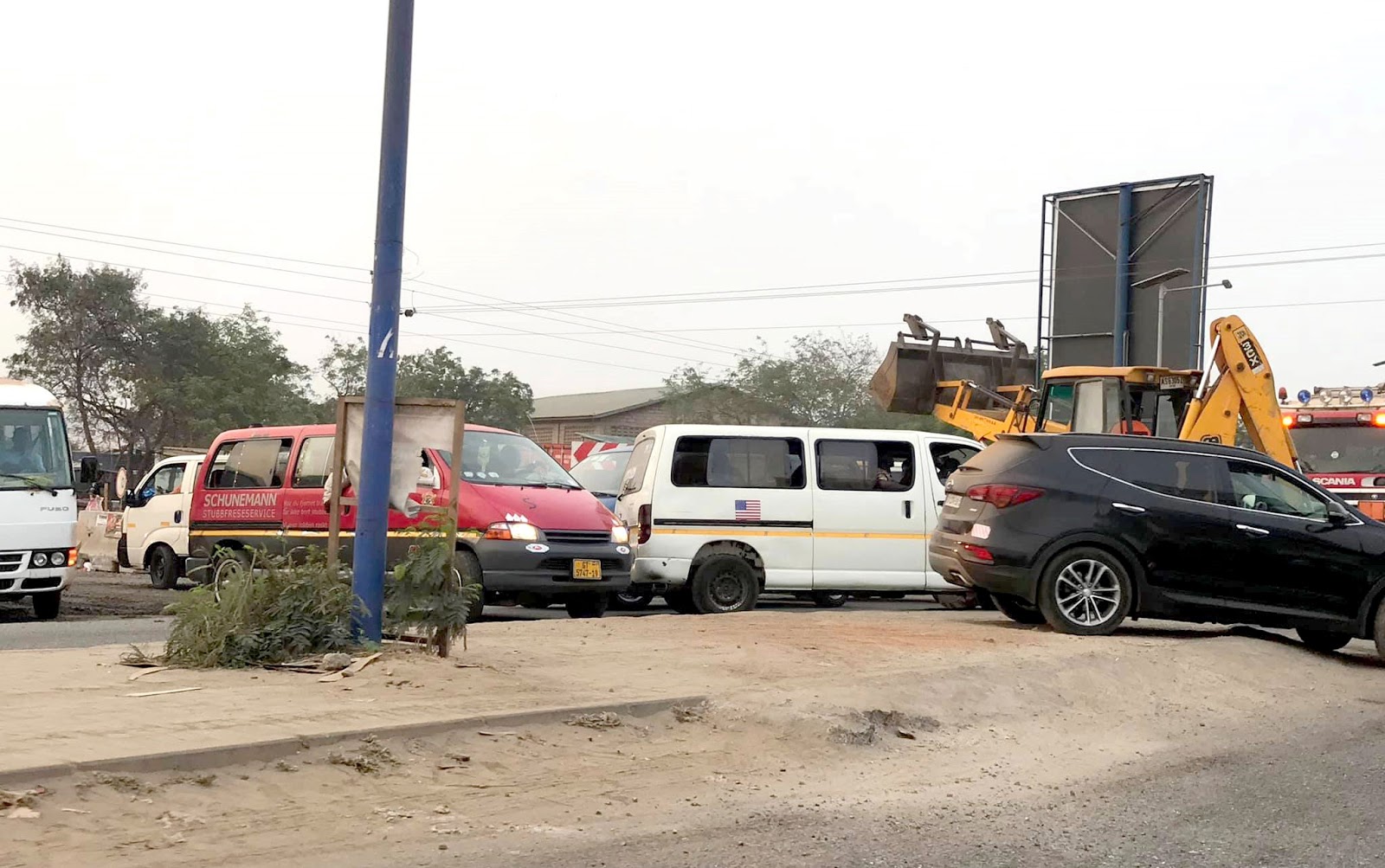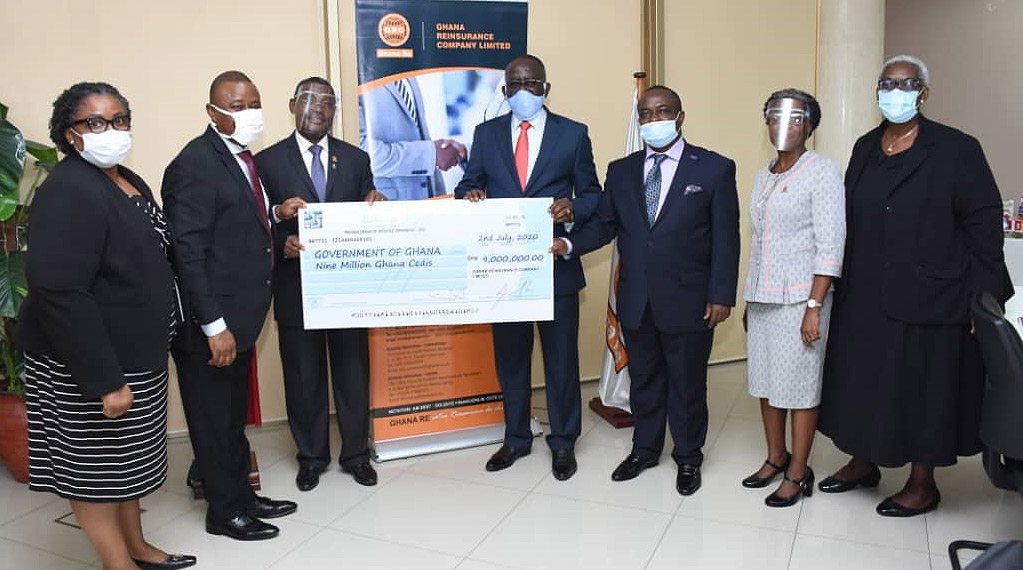Road and automobiles after 63 years of independence ...as we embrace giant automakers to start ops
Ghana needs
strict measures on the manner in which motorists ply the streets in the country
and the endorsement of the ban of accident vehicles from abroad.
Accra and some
parts of main Kumasi central, there are often severe
traffic congestion that a short trip from point A to B becomes a
nightmare. A journey shorter than 100 kilometres can take about three and half
hours. That happens to be about two hours longer than a flight from South
Africa to Ghana.
I can boldly
tell you that: welcome to traffic capital after years of reaching 63rd
Independence of Ghana. Government needs to look at the traffic-style we live in,
where the roads are bunged and millions of commuters are choked with
frustration about the daily hassle in our commercial capitals as a country
noted as the gateway to Africa.
Disgruntled
commuter, Anny Osabutey is a typical example. He recently posted an alarming
issue on his social media wall: “Left my house by 5:30 a.m. and got to work at
9:10 a.m. The Kpone barrier issue is a wisdom problem because as a country, I
am not sure the solution is behind us.”
Apart from the
name “motorway”, it has become like any other ordinary link road in our towns;
human traffic is beyond reasoning. It has become a daily affair. As for the
illegal U-turns, that have been legitimatized, we cannot count them. he added
Our politicians
keep making us feel like they’ve us the citizens as heart but it is as if there
is no longer work, it is suffer-head. A colleague once made a request: “sir, can
I work from home?” Although many in Ghana find the city fascinating, especially
for economic and business reasons, living in Accra and Kumasi, the traffic and
lawlessness of motorist in the country is taking a mental toll.
Anny Osabutey
further stated that: “Isn’t the black man no
longer capable of managing his own affairs, or we need a white undergraduate
from any of the western countries to come and tell us what the problem is? And
soon we shall be 64 years as a country? And we can’t even fix a simple issue
like the Kpone situation, to give respite
to those who ply a major trade route? And we have MPs and DCEs and sector
ministers, who prance around the governance space with “Honourable” before
their names but can’t even give meaning to it. Just waiting for when a siren
blurring chap will force himself or herself to get through with ease, it will
be funny. Apart from an ambulance, any siren blurring vehicle will have to join
the line like everyone else, we shall not stand down on that.”
It is debatable
if Accra is a working city when workers wrestle on miserable roads daily.
Automobile has already made the city chaotic.
Lord Lugard, the British colonial administrator once
observed that the “… material development of Africa may be summed in one word –
transport…” If Lugard were alive today, he would have summed up the
underdevelopment of post-colonial Ghana in one word: collapsed mass-transportation.
63 years of
massless car production and the chances now
With Ghana known
as the gateway to Africa, by now we should be the automotive hub in Africa.
Despite having Nigeria as the leading economic-country noted for being the
automobile industry hub in Africa by 2050, with increase in local production. I
believe if measures are taken well with the MoU signed for having to establish
VW, Toyota, Suzuki and Nissan in the country. With a bit of relief from the
IMF, there surely is a forecast which suggests rapid GDP growth in
Ghana will visibly impact the country’s automobile sector.
President Nana Addo
Dankwa Akufo-Addo stated in one of his addresses that the signing of the MoU
with Toyota was in line with his government’s vision of making Ghana an
automotive hub for West Africa and the larger African market.
“We are
attaching a great deal of importance to the initiative and development… We want
to assure you that, whatever it is we can do on the side of the Ghana
government to provide you with the necessary support and assurance that the
investment you are going to make in our country will be worth your while, you
can count on us to do that,” the Ghanaian leader said.
Toyota’s
decision to invest in Ghana comes is surprising considering Nigeria’s President
Muhammadu Buhari had earlier urged the automobile company to establish its
plants in Nigeria. Instead, the company announced Ghana as its choice during
the 7th Tokyo International Conference on African Development (TICAD 7) held in
Japan.
This definitely
is a huge disappointment for Nigeria. But the automaker insists that Ghana was
a more strategic destination to propel growth for the company. Toyota’s Chief
Operations Officer in charge of the Africa Division, Imai Toshimitsu, said
Ghana was chosen due to its “favourable economic climate.”
The
automotive industry is a chief sector that can drive economic force. Ghana has a lively economy that’s become
particularly attractive to importers of used vehicles. Recently,
parliament has adopted and approved the Joint Committees on Finance, Trade and
Industry and Tourism report for amendments to be made in the Customs Act, 2015.
It said
Volkswagen would start its operation in the first quarter of 2020, Toyota in
August 2020, Suzuki before the end of 2020, Nissan second quarter of 2020,
while discussion pertaining to the operations of Renault, Kia and Hyundai were
ongoing.
The
Customs (Amendment) Bill, 2020 seeks to amend the Customs Act, 2015 (Act 891)
to provide incentives for automotive manufacturers and assemblers registered
under the Ghana Automotive Manufacturing Development Programme (GAMDP).
It is said
that, it will prohibit the importation of salvaged motor vehicles comprising
wrecked, destroyed, or physically damaged by collision, fire, water or other
occurrences as well as specified motor vehicles over 10 years of age into the
country.
The Bill
will also increase the import duty on specific motor vehicles and provide
import duty exemptions for the security agencies and officers of the security
agencies especially those who go on various assignments and peacekeeping in the
security interest of Ghana.
The
government, in August 2019, launched the GAMDP to promote the manufacture of
automobiles for both domestic market and West Africa sub-region as it has
allowed auto-manufacturers like VW, Toyota and Nissan to establish its make in
the country.
The
programme is part of the efforts by the government to develop some strategic
anchor industries that will promote economic development in the country. A
report said the committee has been informed that the Ministry of Trade and
Industry is in advance discussion with the interested manufacturers.
Automobile counterfeit
components
Counterfeit components of car
parts can be dangerous for road users and are a growing problem for the
automotive industry in the country. It is 63 years since our independence and
we cannot even do banning of fake spare parts and even give the automobile
companies in the country a chance to deliver.
Measures needs to be implemented both at the
government level and by the industry in a bid to tackle this crime. In the US,
manufacturers represented by the Automotive Anti-Counterfeiting Council (A2C2)
are actively lobbying for change and have succeeded in enacting legislation in
several states.
Due to its lucrative style, Sophie
Peresson, Director of the Knowledge Centre at Innovation Business Action to
Stop Counterfeiting And Piracy (BASCAP), an International Chamber of Commerce
body, says: “The amount of fake parts being made and distributed continues to
rise despite efforts by national governments and industry actors… the main
driver behind this scourge is easy money; fake automotive components are a
highly lucrative business for counterfeiters.”
According to
Peresson, parts which are faked in large volumes include brake pads and
airbags, both of which are critical to driver and passenger safety (see box
below for details). Moreover, consumers are usually easily duped by fakes
because it is difficult to distinguish a fake automotive part from a legitimate
one simply by looking at the outer appearance. This is even more the case when
it comes to online transactions. Consequently, consumers often inadvertently
purchase products that are sub-standard and could be unsafe.





Comments
Post a Comment